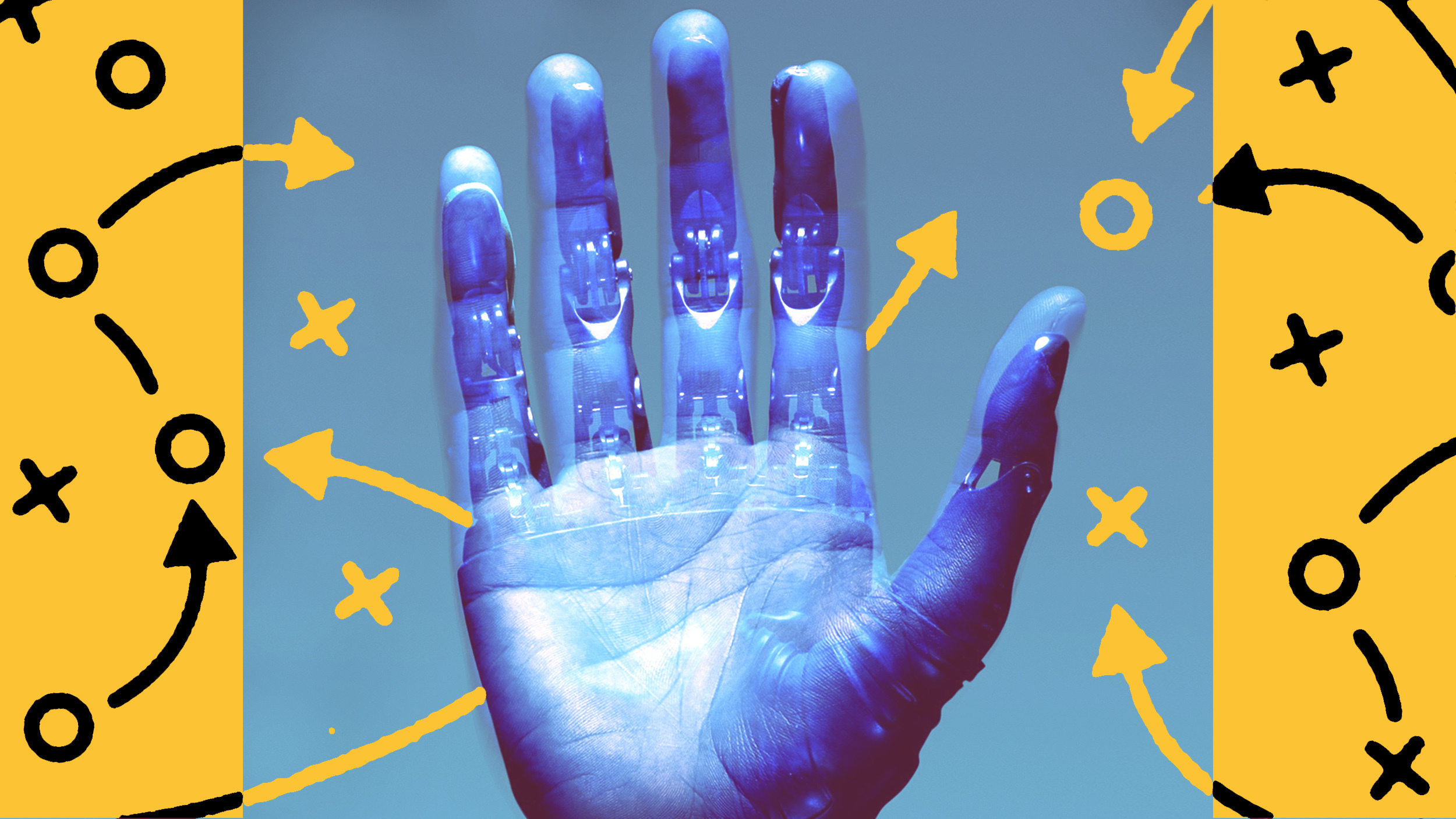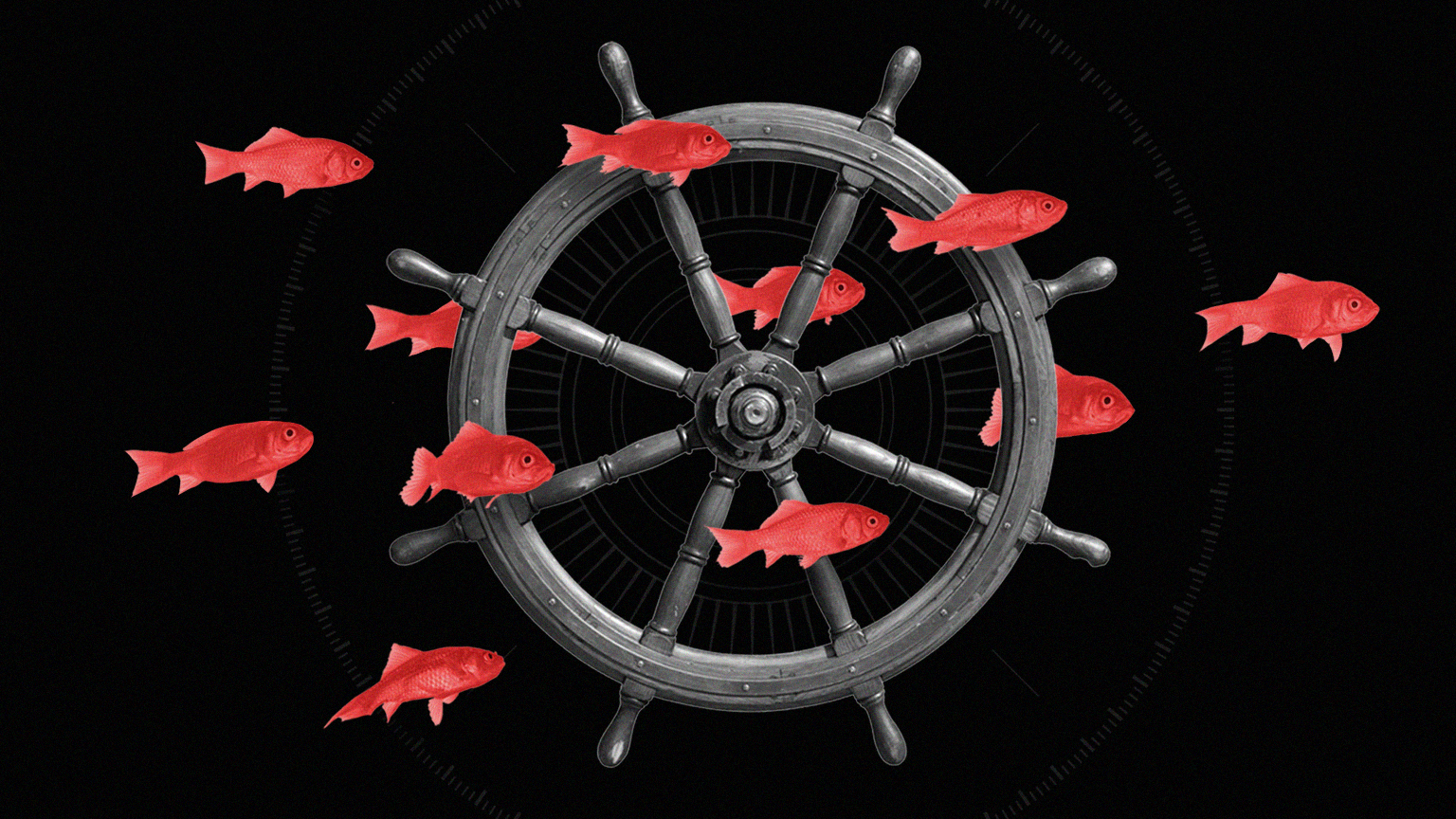Maajid Nawaz: Respect your adversaries and dialogue will follow

Disagreements are inevitable — we all have different experiences that lead us to be who we are and to what we believe. Almost as inevitable are distrust, suspicion, and even hatred of those who don’t share our beliefs. The contexts in which this occurs are endless, from political arguments to business disagreements to personal conflicts. It often seems there’s no way to overcome the barriers between us and just talk things out. Maajid Nawaz, author of Islam and the Future of Tolerance, would disagree. In his Big Think+ video “Engage in Dialogue: The Future of Tolerance,” he shares a methodology he’s discovered that can allow two people, two adversaries, to find common ground.
About Nawaz
For much of his life, from about age 16 to 28, Nawaz served in what he calls an “Islamist” organization dedicated to establishing a worldwide caliphate. Today he considers himself an “anti-Islamist activist,” quite a change of direction. “I’m now, to make it very clear,” says Nawaz, who’s still a Muslim, “somebody who considers myself a small “L” liberal democrat. I’m somebody who’s secular, who advocates for the universality of human rights. In Islam and The Future of Tolerance, he engages in an adversarial collaboration with co-author and neuroscientist Sam Harris about ways in which we might all learn to speak with, and not at or against, each other. In Nawaz’s Big Think+ video, he shares the manner in which he and Harris managed to come to terms with their differences and engage in a constructive dialog.
Making an Emotional Connection
Given how easy it is to demonize someone who holds beliefs with which you strongly disagree, Nawaz says the first thing to do in order to truly engage constructively with them is to forge an emotional connection.
That demonization we just mentioned is a dehumanizing process that strips our adversary of their humanity. Therefore, the first step is to “re-humanize” them. Try to gain a more holistic view of who the person is by meeting with them face-to-face. “You perhaps have dined with them, or you’ve spoken to them, and you’ve got to know them in a way that humanizes them essentially.” There may be things you have in common, or there may be things about them and their lives that you can relate to, or even find endearing.
The point of all this is to make clear — to yourself — that this is another human being just like you, with an equally rich experience of life that’s every bit as real and valuable to them as yours is to you. This is the foundation of trust.
Making an intellectual connection
Nawaz suggests that — before digging into the hard things — you and your adversary take an inventory of those things on which you agree. You’re unlikely to come up completely empty-handed. If specifics elude you, try general principles and goals. Making a connection in this way grounds your eventual, more difficult conversation.
Building on what you’ve done
Once you know each other well enough, and have identified areas of agreement, you’re in a better position to understand their internal logic in other areas. “If they have a logical argument,” says Nawaz, “you may disagree with the premise of the argument, but if it makes internal sense, that needs to be acknowledged.” This is an important threshold, since it “validates that that person is a rational thinker.” In disagreeing with them, “You’re not saying ‘you’re stupid.’” This is giving the other person enough respect to say that had their experience been a little bit different, they’d agree with you, and maybe even vice versa.
Such respect is a critical element in any meaningful exchange, and your understanding of their internal logic can be the key to coming to terms as you move on to disagreements.
The hard part
One of the dangers of this process, Nawaz wryly notes, is that “you just end up becoming friends and really don’t discuss the dispute.”
It’s important to remain steadfast and clear in presenting the things you believe, doing what you can to satisfy the internal logic driving your adversary’s stance. The respect you two have already built demands that you remain honest, forthright, and courageous in discussing the difficult issues.
Nawaz makes no pretense that this will be easy — it won’t — but the foundation you’ve both laid during the conversation so far offers you an opportunity to go those few final steps toward meaningful understanding, and maybe even agreement.




